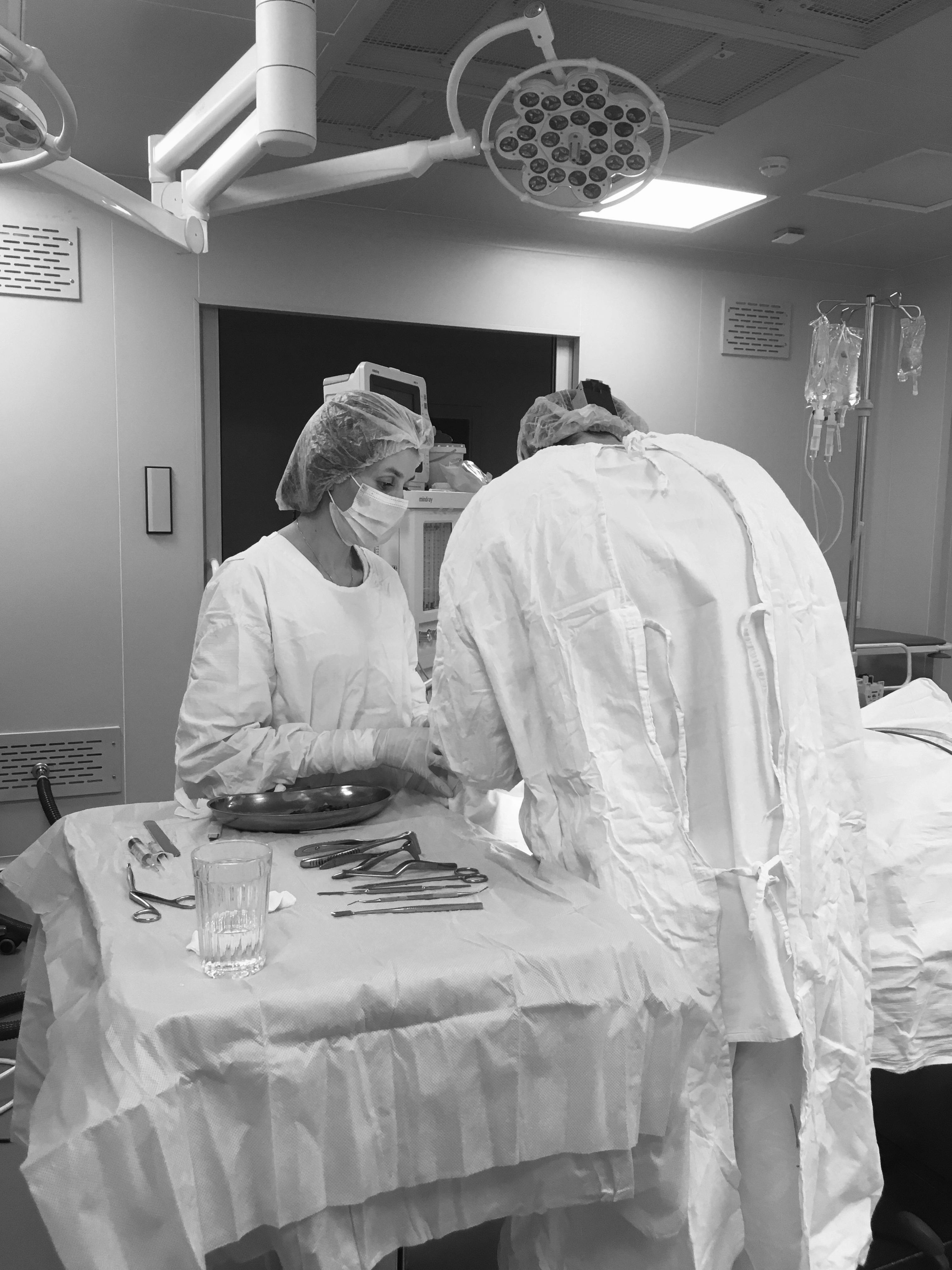The Impact of 5G Technology on Healthcare
5G technology is poised to revolutionize various industries, including healthcare. This blog explores how 5G is expected to impact healthcare delivery, improve patient outcomes, and enable new innovations.

1. Enhanced Connectivity
5G offers significantly faster data speeds and lower latency compared to previous generations of wireless technology. This enhanced connectivity will enable real-time communication and data transfer, improving telemedicine and remote monitoring capabilities.
2. Support for IoT Devices
The proliferation of Internet of Things (IoT) devices in healthcare will benefit from 5G's high-speed and low-latency network. This will facilitate the seamless integration of wearable health devices, smart medical equipment, and other IoT applications.
3. Advanced Remote Surgery
5G technology will enhance the feasibility of remote surgeries by providing the high-speed, low-latency connections required for real-time control of robotic surgical systems. This could expand access to specialized surgical care for patients in remote areas.

4. Improved Patient Monitoring
5G will enable continuous and real-time patient monitoring by facilitating the transfer of large volumes of health data from wearable devices to healthcare providers. This will allow for more accurate and timely health assessments.
5. Future Innovations
The introduction of 5G technology will pave the way for future innovations in healthcare, including augmented reality applications, advanced telemedicine solutions, and improved data analytics capabilities.
Conclusion
5G technology is set to transform healthcare by enhancing connectivity, supporting IoT devices, and enabling advanced remote procedures. The future of healthcare will be significantly shaped by the advancements brought about by 5G.
